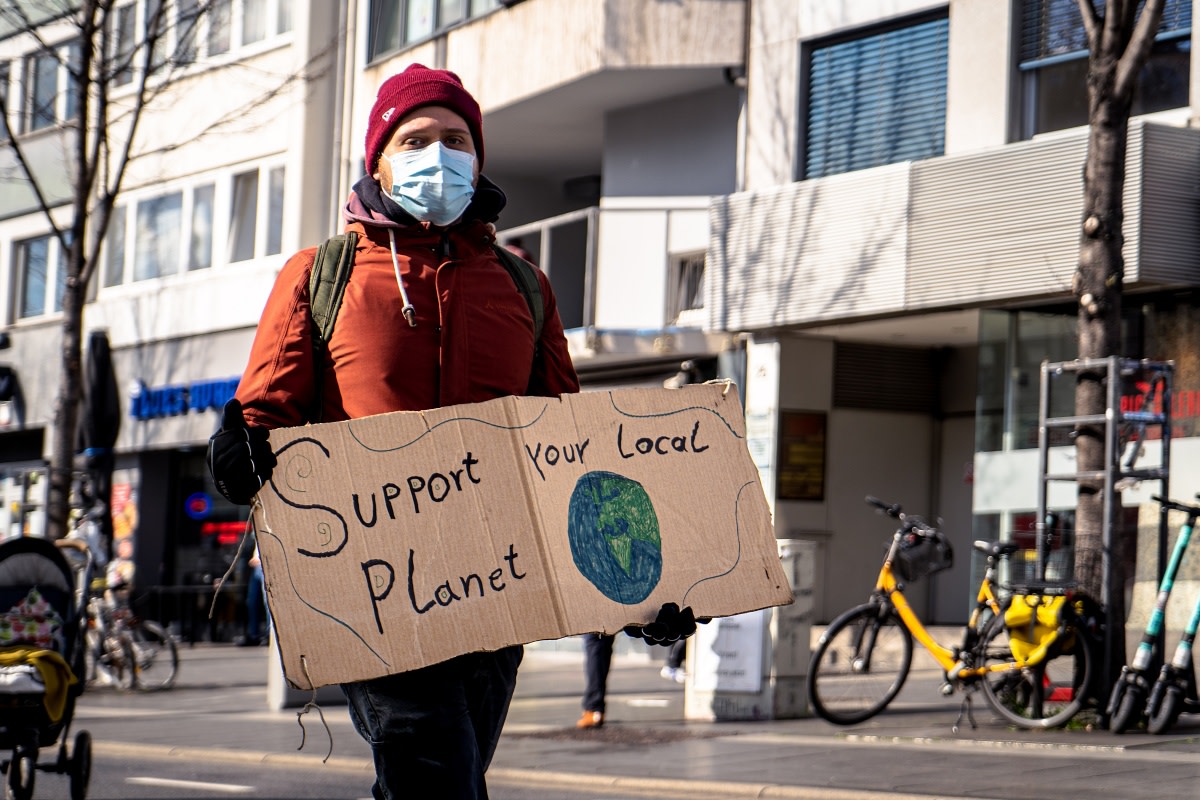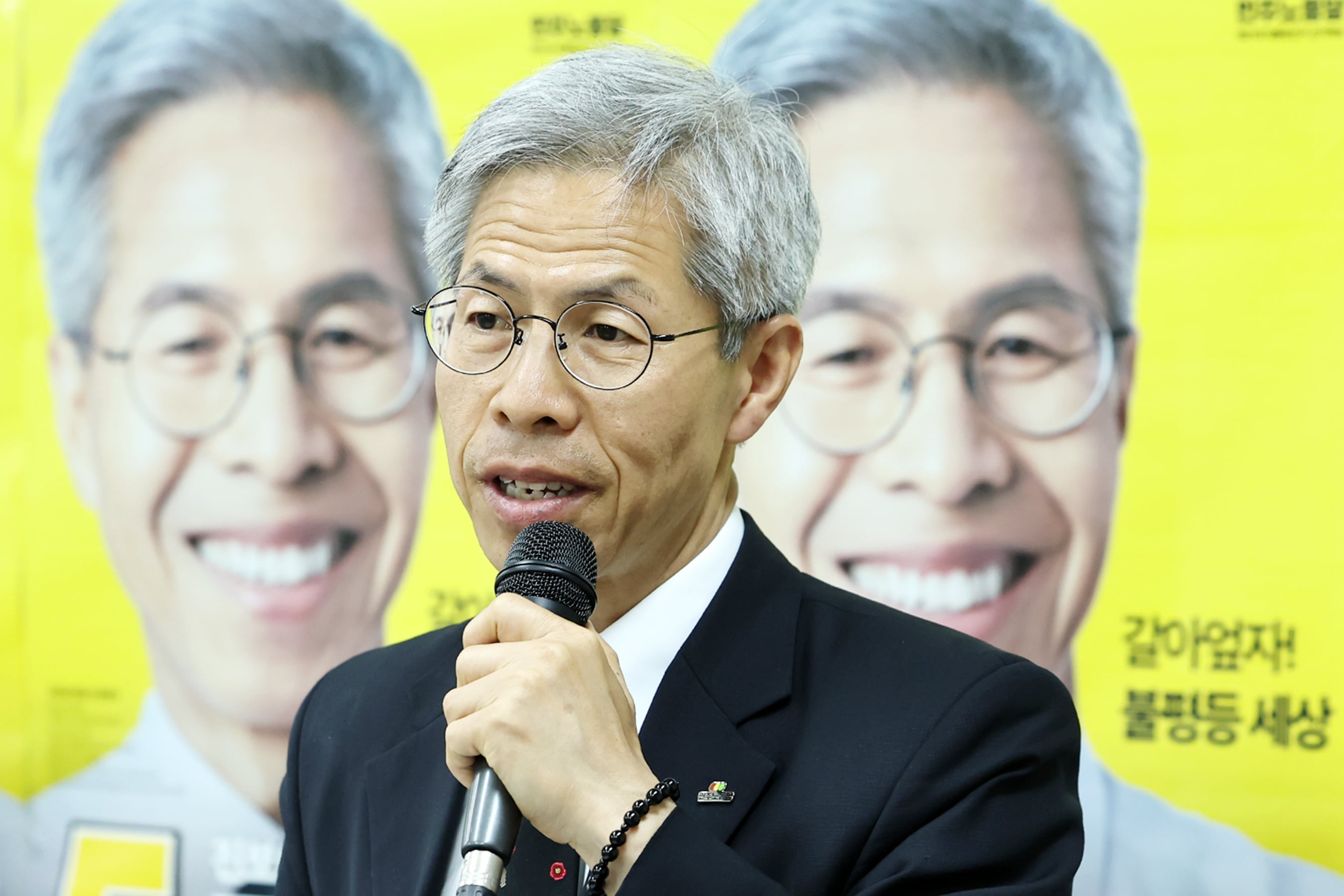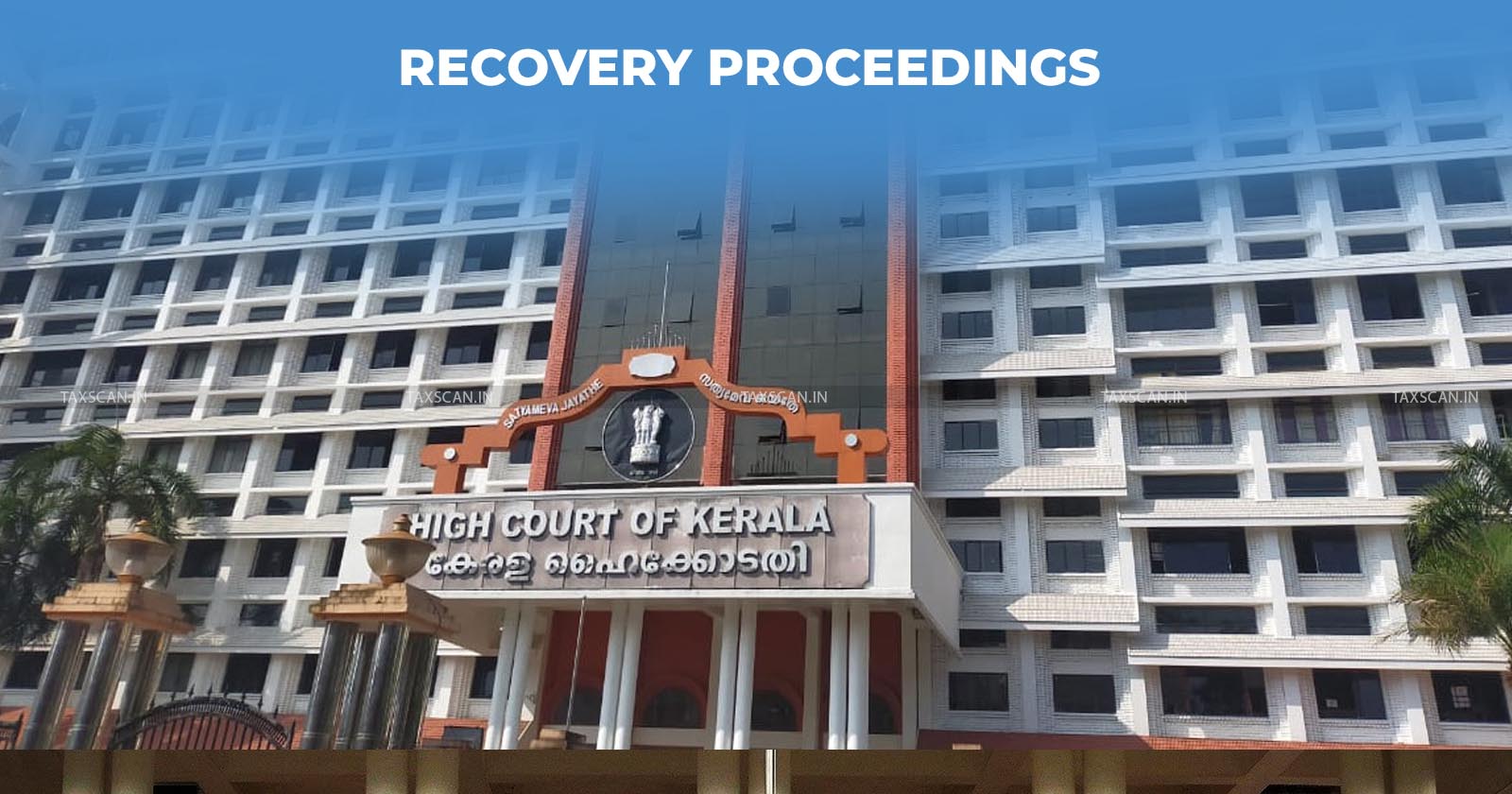
A Decade of Progressive Governance in Nigeria
During the public presentation of the book “Ten Years of Impactful Progressive Governance in Nigeria,” I reflected on Nigeria’s decade-long journey under successive progressive administrations as the chief presenter. Though time did not allow me to deliver my written remarks in full, the message remains vital to our national conversation on leadership, governance, and reform.
There are moments for politics and moments for governance. Once elections are over, governance must take precedence. Our duty as citizens is to move beyond division and measure progress not by sentiment but by delivery, performance, and impact.
Over the past 10 years, Nigeria’s story has been one of courage and continuity, of institutions learning discipline, and of leaders willing to face hard truths about our economy. Former President Muhammadu Buhari laid the foundation of fiscal prudence, agricultural revival, and infrastructure renewal. President Bola Tinubu has advanced that legacy through decisive structural reforms such as removing the fuel subsidy, unifying exchange rates, modernising tax policy, and restoring credibility to public finance. These choices were not easy, but they were necessary. They broke habits that had become too costly to sustain and redirected public wealth toward productivity.
Since May 2023, government non-oil revenue has grown by more than 400 per cent. This is not a coincidence. It is the outcome of intentional policy and technological transparency. The Presidential Fiscal Policy and Tax Reform Committee has simplified compliance, eliminated duplication, and placed technology at the centre of revenue collection. Revenue agencies that once competed now cooperate. Multiple taxation is being dismantled. Incentives for businesses are transparent and available online without intermediaries or privileged access. Every entrepreneur, large or small, can now apply for fiscal waivers or export credits within minutes. Fairness by design and technology is replacing favour by connection.
Energy stability has returned as proof that reform, though painful, delivers results. The queues that once defined our petrol stations are gone. Deregulation has reopened the downstream market and restored investor confidence in oil and gas, bringing new capital into deep-water, midstream, and modular-refinery projects. Parallel reforms in the Presidential CNG Initiative are changing urban mobility by replacing petrol fleets with cleaner and cheaper gas vehicles. At the same time, a nationwide solar-power rollout is providing electricity to schools, clinics, and small industries. Together, these initiatives reflect a balanced energy future built on efficiency, competition, and sustainability.
Security remains the foundation of every reform. In 2024, N3.85tn, about 13 per cent of the national budget, was allocated to defence and internal security. For 2025, that figure rose to N6.57tn, with significant investment in equipment, intelligence, and personnel welfare. The Nigerian Air Force is modernising with 24 M-346 attack jets and 10 AW-109 helicopters. The Navy has commissioned new patrol ships and maritime helicopters to strengthen coastal and energy-asset protection. Across all theatres, joint operations by the Nigerian Armed Forces and intelligence agencies have neutralised tens of thousands of terrorists, insurgents and criminal elements, arrested many more, and rescued well over one hundred thousand hostages and displaced persons. The tempo has changed. Our armed forces now take the initiative rather than wait for it.
Infrastructure remains the bridge between ambition and opportunity. Across the country, more than 260 major roads, bridges, ports, and pipeline projects are under construction or near completion. The Lagos to Calabar Coastal Highway and the Sokoto to Badagry Superhighway are redefining commerce and mobility. The national Bridge Fibre Project is expanding digital connectivity across cities and rural areas, strengthening the country’s broadband backbone and opening new corridors for education, innovation, and enterprise.
Digital governance reform is also deepening national capacity. The ongoing overhaul of the National Identity Management Commission has expanded NIN registration to tens of millions of citizens, creating a reliable digital backbone for planning, financial inclusion, and social protection. For the first time, national data is being harmonised across agencies, improving service delivery, strengthening security coordination, and helping the country plan development with precision.
Work along the River Niger corridor from Lokoja to Baro Port is progressing to enable future inland-waterway operations that can reduce transport costs and improve market access across regions. These projects reflect a deliberate effort to balance regional growth, from the Niger Delta cleanup and gas expansion in the south to new exploration in the north and industrial corridors across the Middle Belt.
Reform without human investment is reform without soul.
The $2.2bn Health Sector Renewal Programme is upgrading 17,000 primary health centres and training 120,000 health workers, while free caesarean care and subsidised dialysis are easing the burden on families. In education, student-loan schemes, digital-skills initiatives, and new STEM and AI curricula are preparing our young people for a digital economy. Through the student loan fund, access to higher education is becoming a right, not a privilege. Its synergy with new financing institutions such as CREDICORP and the Nigeria Credit Guarantee Company ensures that young Nigerians can pursue knowledge with the same confidence that entrepreneurs pursue capital. Free technical and vocational training at the tertiary level will supply the technicians and artisans required for industrial growth.
Agriculture and food security have become the centre of national resilience. Beyond grains, the Federal Ministry of Livestock Development is unlocking a trillion-naira value chain in meat, dairy, and leather. Expanded fertiliser blending, mechanisation, irrigation, and storage are supporting millions of smallholders. With increased investment in rice, cassava, and cash-crop processing, Nigeria is moving toward genuine food sovereignty. Food security is not an aspiration but a necessity for economic stability.
The government’s economic renewal is also anchored on access to finance, enterprise, and inclusion. The establishment of CREDICORP, the Nigeria Credit Guarantee Company, and the student loan fund has strengthened the foundation for a credit-based economy as well as human capital and domestic productivity. Together, these institutions expand access to credit for small businesses, farmers, civil servants, individuals, and students while derisking lending and empowering citizens to build their future without political connections. In promoting local production over import dependence, the Nigeria First Policy is not only conserving foreign exchange but also creating pathways for skilled youth employment and industrial apprenticeship across states.
I say this not out of any search for appointment or reward, but from a place of patriotism and perspective. From where I stand, and for every Nigerian, the true beauty of the Nigeria First Policy is that it invites us all to become participants in our country’s renewal. We can each now go into productive enterprise and live the Nigerian dream, so long as we care enough to believe in this nation and invest in our people, resources, and future.
In the midst of reform, President Tinubu’s words have been both compass and caution: “As we continue to reform the economy, I shall always listen to the people and will never turn my back on you.” That statement captures the essence of progressive governance, which I define as courage guided by compassion. Under this directive, Nigeria’s social-protection system has been rebuilt on transparency and technology. The Conditional Cash Transfer programme now reaches more than 15 million households on a verified digital register, each linked to a NIN-validated wallet or bank account for direct payment. No intermediaries and no leakages. In addition, N344bn has been disbursed in three tranches to the 36 states and the FCT to support local welfare and enterprise programmes. The Renewed Hope Ward Development Programme, which will operate across 8,809 wards, will economically engage over 10 million Nigerians and ensure that national policy translates into local opportunity.
The humanitarian principle of progressivism is simple. Reform must lift, not leave behind. Fiscal discipline restores credibility. Social investment restores trust. When citizens see roads being built, hospitals working, and social payments arriving on time, faith in reform deepens and the social contract is strengthened. Special attention is also being given to women, rural communities, and persons with disabilities through targeted enterprise and skills-support initiatives under the Renewed Hope framework.
The numbers also tell their own story of impact and renewed hope in Nigeria. Non-oil revenues continue to rise. Exports are diversifying. Nigeria has recorded its first trade and balance-of-payments surplus in years, a sign of growing production and renewed confidence in the naira. Oil output is improving, new investments are flowing into the upstream and midstream segments, and our current account is gaining strength as reforms take hold. President Bola Tinubu and his government recognise that inflation and living costs remain a strain on households, but the fiscal discipline now taking root is designed to restore purchasing power sustainably. President Tinubu has also acknowledged that meaningful reform takes time. While citizens are beginning to see the first trickles of progress, the greater task is to ensure that these trickles flow downward to communities, markets, classrooms, and farms where growth becomes tangible and human.
The task ahead is to sustain this momentum, but it won’t be easy. Every child must be in school. NIWA must be further strengthened to expand partnerships for safer and cleaner waterways. NDLEA must receive greater support to combat the rising threat of drug trafficking and addiction, and NAFDAC must be empowered with stronger laboratories and technology to protect the public from counterfeit medicines and unsafe food. These are not peripheral agencies. They are frontline guardians of national well-being, and their effectiveness determines the credibility of our progress.
Communities themselves must also understand that with all the support given to our security agencies and the military, their partnership is vital. Cooperation among citizens, traditional institutions, and security operatives will solidify these gains, strengthen intelligence at the grassroots, and prevent a return to disorder. National security is not the burden of the state alone. It is the shared duty of all Nigerians determined to protect their future.
The state governors of Nigeria, under this Renewed Hope and progressive compact, also have a historic role to play. We have faith that with President Tinubu’s commitment, they can write their names in gold, but that gold must first be mined in proper service of the people.
The progress of any nation is not measured only by its wealth, but by the collective will of its people to do right, even when it is hard. That is the essence of progressive governance and the covenant that must bind us for the next decade.
I imagine a Nigeria where every child learns, every farmer prospers, every hospital has power, and every young person earns a dignified living. That is the spirit of renewal behind this progressive decade. It is the belief that courage and compassion are not opposites but partners in building a fair and prosperous country. Tomorrow’s Nigeria is not waiting to be discovered. It is waiting to be delivered with courage, competence, and care.
God bless our President.
God bless the Federal Republic of Nigeria.
Rabiu is the Chairman of IRS Group




